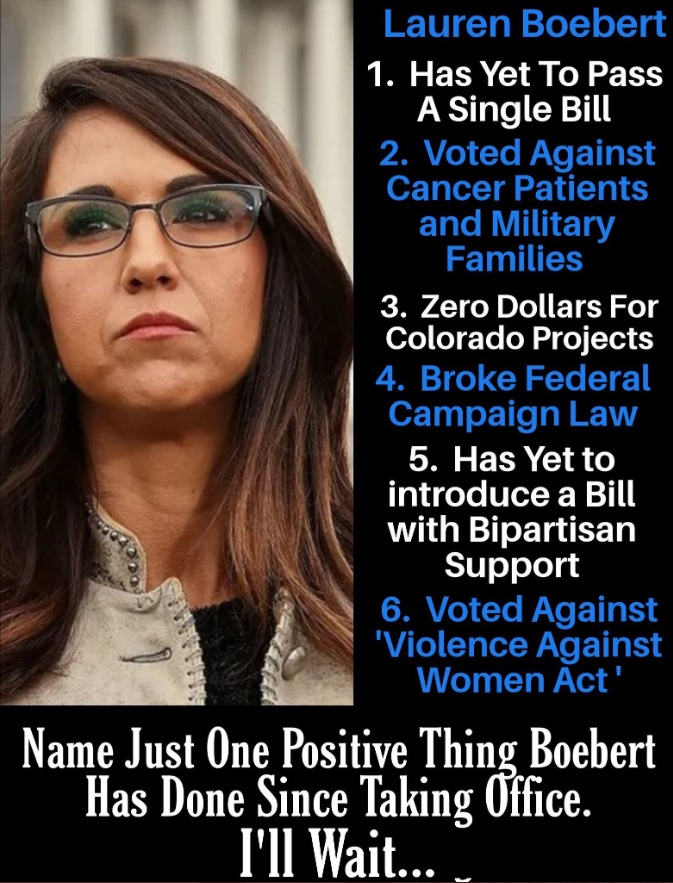Lauren Boebert, a prominent figure in American politics, has been making waves with her outspoken views and controversial statements. As a Republican representative from Colorado, she is known for her unfiltered approach to political discourse, often sparking debates and discussions across the nation. Her recent comments have once again drawn significant attention, particularly those related to geographical inaccuracies and policy criticism.
In this article, we delve into one of Lauren Boebert's recent statements that has garnered considerable media attention. By examining her remarks about Detroit and their implications, we aim to provide a comprehensive analysis of the situation. This piece will explore the context surrounding her comments, assess their validity, and consider the broader impact on public perception and political discourse.
Lauren Boebert Misses The Mark: Mistakes Milwaukee For A
Misplaced Geographical Knowledge: Boebert's Error in City Identification
Rep. Lauren Boebert recently took to X (formerly Twitter) to criticize Minnesota Governor Tim Walz, but her critique was marred by a glaring geographical error. In her post, Boebert mistakenly placed Milwaukee within the state of Minnesota, showcasing a misunderstanding of U.S. geography. This mistake highlights the importance of accurate information dissemination in political commentary.
Such errors can undermine the credibility of political figures, as they are expected to possess a solid grasp of basic facts about the regions they discuss. Critics argue that these inaccuracies may detract from the core message being conveyed, while supporters might view them as minor oversights overshadowed by larger issues at hand.
The incident serves as a reminder of the challenges faced by politicians in maintaining both factual accuracy and effective communication in an era dominated by rapid social media exchanges.
Is This True? Did She Make This Statement? “Under Tim Waltz, Detroit
Evaluating Claims: Boebert's Alleged Statement on Detroit's Murder Rates
A circulating claim suggests that Lauren Boebert stated, Under Tim Walz, Detroit has the highest murder rates in Minnesota. However, there is no concrete evidence supporting this assertion. The lack of substantiation raises questions about the authenticity of such statements attributed to public figures without proper verification.
It is crucial to critically evaluate information shared online, especially when it pertains to sensitive topics like crime statistics and governance. Misinformation can spread rapidly through social media platforms, influencing public opinion and potentially causing harm if left unchecked.
This episode underscores the necessity for diligence in fact-checking before accepting or disseminating claims made against or by political leaders.
No Proof Boebert Said Detroit Had Highest Murder Rate 'in Minnesota'
Verifying Statements: The Importance of Evidence-Based Reporting
Social media posts on X have propagated the notion that Lauren Boebert claimed Detroit possessed the highest murder rate in Minnesota. Yet, investigations reveal no proof backing this allegation. As a result, journalists and analysts emphasize the significance of relying on credible sources and thorough research when reporting on contentious matters.
Without verifiable evidence, attributing specific quotes to individuals can lead to misunderstandings and misrepresentations. This practice not only affects personal reputations but also contributes to a climate of distrust among audiences who consume news indiscriminately.
In conclusion, fostering a culture of accountability and transparency ensures that discussions remain grounded in truth rather than conjecture, ultimately benefiting democratic processes and informed citizenry.

